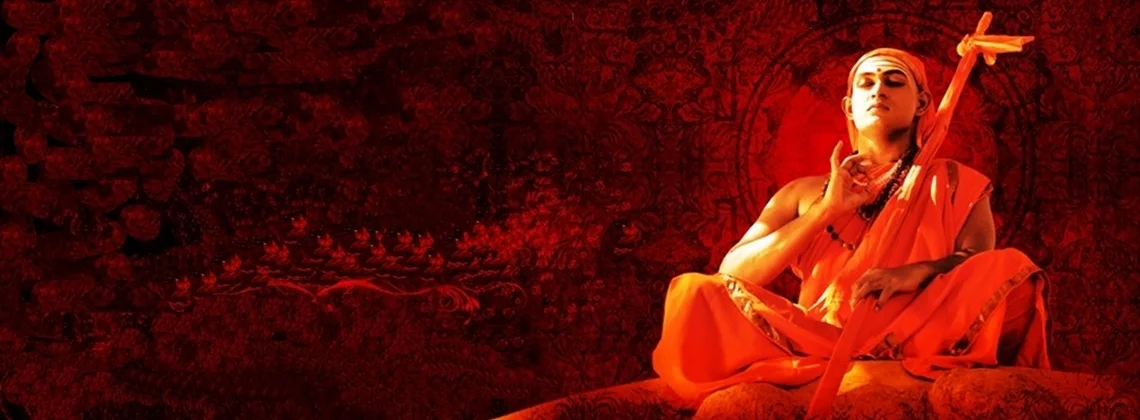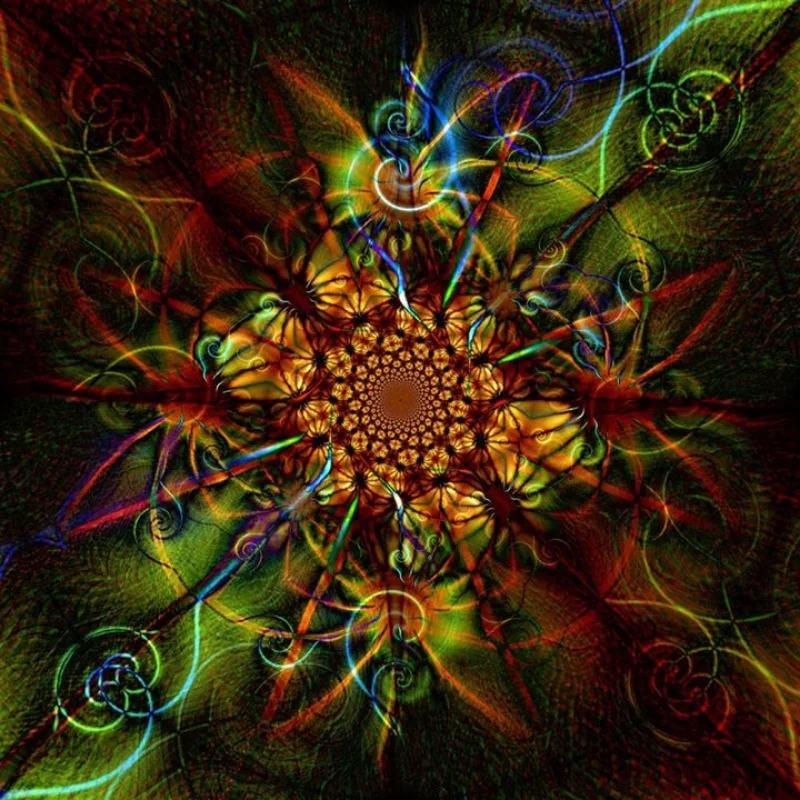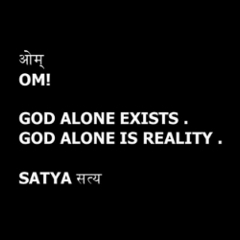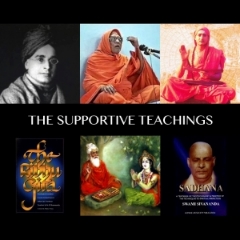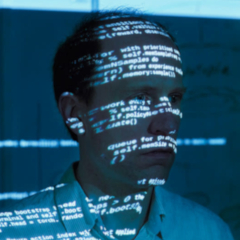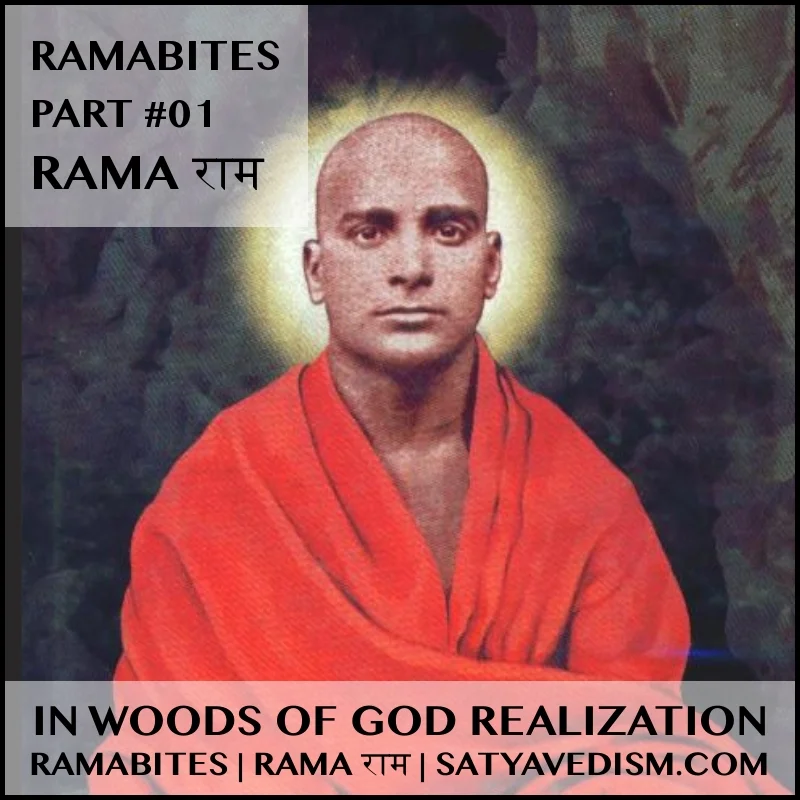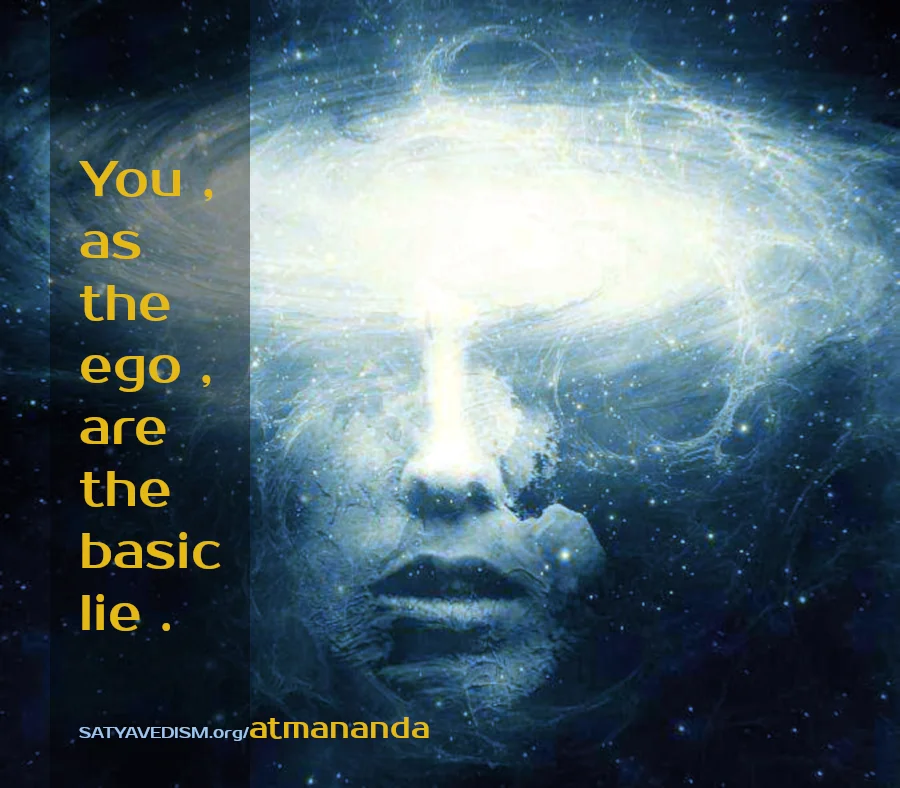BRHADARANYAKA UPANISAD | 3.9.26 | AMOETD
| | homeBRHADARANYAKA UPANISAD | 3.9.26 | SRI SANKARACARYA
kasmin nu tvam catma ca pratisthitau stha iti . pkasmin nu tvam catma ca pratisthitau stha iti . prana iti . kasmin nu pranah pratisthita iti . apana iti . kasmin nv apanah pratisthita iti . vyana iti . kasmin nu vyanah pratisthita iti . udana iti . kasminn udanah pratisthita iti . samana iti . sa esa , na iti . na ity atma , agrhyah na hi grhyate , asiryah , na hi siryate , asangah na hi sajyate , asito na vyathate , na risyati . etany astav ayatanani , astau lokah , astau devah , astau purusah . sa yas tan purusan niruhya pratyuhyatyakramat , tam tva aupanisadam purusam prcchami . tam cen me na vivaksyasi murdha te vipatisatiti . tam ha na mene sakalyah , tasya ha murdha vipapata , api hasya parimosino'sthiny apajahruh , anyan manyamanah . || 3.9.26 ||
26 . " On what do the body and the heart * rest ? " " On the Prana . " " On what does the Prana rest ? " " On the Apana ? " On what does the Apana rest ? " " On the Vyana . " " On what does the Vyana rest ? " " On the Udana . " " On what does the Udana rest ? " " On the Samana . " This self is That which has been described as " Not this , not this . " It is imperceptible , for It is never perceived ; undecaying , for It never decays ; unattached , for It is never attached ; unfettered — It never feels pain , and never suffers injury . " These are the eight abodes , the eight instruments of vision , the eight deities and the eight beings . I ask you of that Being who is to be known only from the Upanisads , who definitely projects those beings and withdraws them into Itself , and who is at the same time transcendent . If you cannot clearly tell me of It , your head shall fall off . " Sakalya did not know It ; Sakalya head fell off ; and robbers snatched away the bones , mistaking them for something else .
|| BHASYA || : " You have stated that the body and the heart — the effect and the instrument — rest on each other . I therefore ask you :
On what do the body and the heart rest ? " " On the Prana " : The body and the mind rest on the force called Prana . *
" On what does the Prana rest ? " " On the Apana " : That force called Prana would go out ( through the mouth and nostrils ) , were it not held back by the force called Apana .
" On what does the Apana rest ? " " On the Vydna " : That force called Apana would also depart ( through the lower orifice ) as the Prana would ( through the mouth and nostrils ) , were they not both held back by the force called Vyana , which occupies an intermediate position .
" On what does the Vyana rest ? " " On the Udana " : All the three forces would go out in all directions , were they not fixed , as to a post , to the Udana .
" On what does the Udana rest ? " " On the Samana " , for all these forces rest on the Samana .
The idea is this : The body , mind and the vital forces are interdependent and work together as an orderly aggregate , dominated by the purpose of the individual self . Now that transcendent Brahman , which is immediate and direct , by which all these up to the ether are regulated , on which they rest , and by which they are pervaded , has to be described . Hence the text goes on :
This self is That which has been described in the Madhukanda * as " Not this , not this " ( II . iii . 6 ) . It is imperceptible , not perceivable . How ? Because It is beyond the characteristics of effects , therefore It is imperceptible . Why ? For It is never perceived .
Only a differentiated object , which is within the range of the organs , can be perceived : but the Self is the opposite of that . Similarly undecaying . What is gross and made up of parts decays , as , for instance , the body ; but the Self is the opposite of that ; hence It never decays . Likewise unattached . A gross object , being related to another gross object , is attached to it ; but the Self is the opposite of that ; hence It is never attached .
Similarly unfettered , or free . Whatever is gross becomes bound ; but It , being the opposite of that , is free , and for that reason never feels pain . Hence also It never suffers injury . Being beyond such characteristics of effects as perception , decay , attachment and bondage . It never suffers injury , in other words , is never destroyed .
The Sruti , out of eagerness , has set aside the order * , stepped out of the story and described in its own form the Being who is to be known only from the Upanisads . Then it resumes the garb of the story and says ( through Yajnavalkya ) :
These are the eight abodes , described above ( in paragraphs 10 to 17 ) in the words . " Whose abode is the earth " , etc ; the eight instruments of vision , fire etc ; the eight deities , referred to in , ' " Nectar ( chyle ) " , said one ' , etc ( par 10 ) ; the eight beings , mentioned in , " The very being who is identified with the body " ( Ibid ) , etc I ask you , who are proud of your learning , of that Being devoid of hunger etc who is to be known only from the Upanisads , and through no other means of knowledge , who definitely projects those beings , those identified with the body etc , divided into eight groups of four items * each , so as to constitute the universe as it is , and ( again ) withdraws them through the east etc into Itself , ie into the heart ( mind ) , and who is at the same time transcendent , beyond the attributes of the limiting adjuncts such as identification with the heart .
If you cannot clearly tell me of It , your head shall fall off , said Yajnavalkya . Sadkalya did not know that Being who is to be known only from the Upanisads ; Sadkalya's head fell off . The story is ended . " Sakalya did not know It " , etc , is the narration of the Sruti .
Further , robbers snatched away even the bones as they were being carried to Sadkalya's home by disciples for the funeral rites — why ? — mistaking them for something else , viz treasure in it . A previous anecdote is here referred to .
In the Astadhyayi * there occurs a dialogue between Yajnavalkya and Sakalya with a similar ending . There Yajnavalkya gave a curse : " You shall die in an unholy place at an inauspicious time , and even your bones shall not reach home " . Sakalya died exactly like that ; and robbers seized the bones too , mistaking them for something else * ( S . XI vi . iii . 11 ) .
The moral of the story is that one should not be disrespectful , but rather obedient to a true knower of Brahman . That story is here referred to in order to teach conduct and also to extol the knowledge of Brahman .
How can that Brahman which has been indicated as " Not this , not this " by the elimination of everything else , be positively indicated ? In order to answer this , as also to state the cause of the universe , the Sruti again resorts to the story . The point of the story is that one may take away cattle by defeating Vedic scholars who do not truly know Brahman .
( NOTES : * Lit . you and ( your ) self . | * For the functions of these see commentary on I . v . 3 . | * Consisting of chapters I and II . | * Of the dialogue . Now it is Yajnavalkya who is asking . | * Viz abode , the instrument of vision , the light and the deity . | * ( S . XI ) . It consists of eight chapters and treats of rituals . | * That things belonging to Brahmanas must not be taken without their consent . )
|| UPADESA SAHASRI : A METHOD OF ENLIGHTENING THE DISCIPLE || I.I.6 || COMPLETE AMOETD SERIES ➤➤ | INTRODUCTION ➤➤ ||
|| THIS SCRIPTURE SERIES SOURCE || ➤
|| 1 || http://www.SATYAVEDISM.com ||
|| 2 || http://bit.ly/SRIADISHANKARA ||
http://www.SATYAVEDISM.com/shankara/amoetd/
SOURCE | SATYAVEDISM.ORG
